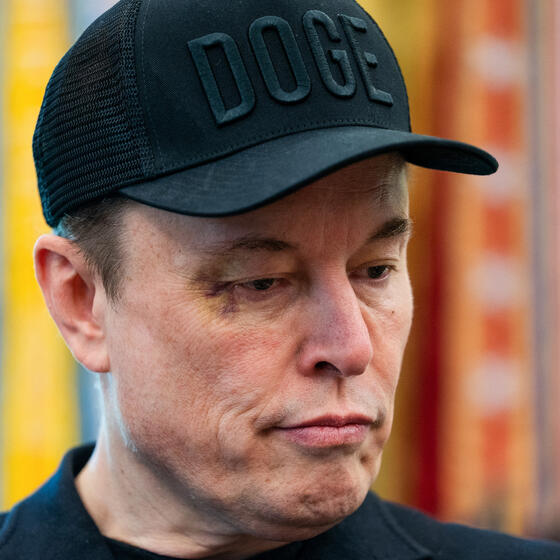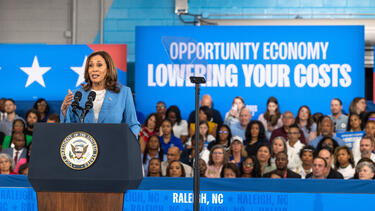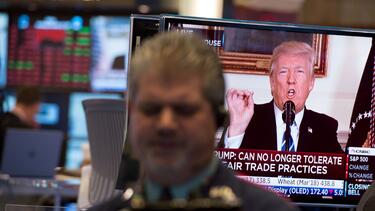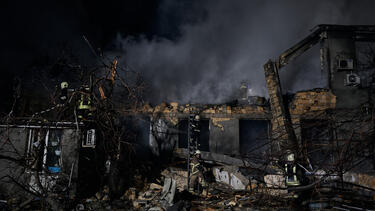Politics and Policy
Are We Witnessing the Implosion of the World’s Richest Man?
Elon Musk has less leverage in his battle with Donald Trump than he thinks, Yale SOM leadership expert Jeffrey Sonnenfeld and co-author Steven Tian write. But neither of the former allies can come away from this feud with a win.

Filling In the Harris-Walz Economic Policy Scorecard
Professor Jeffrey Sonnenfeld and co-author Stephen Henriques analyze the policies proposed by the Democratic ticket.

Is Minnesota Nice for Business?
Yale SOM leadership expert Jeffrey Sonnenfeld and co-author Stephen Henriques argue that there are good reasons why a disproportionate number of major businesses are headquartered in Minnesota.

Leadership Lessons from the Vice Presidential Picks
Yale SOM leadership expert Jeffrey Sonnenfeld writes that Kamala Harris and Tim Walz are demonstrating a genuine chemistry, while Donald Trump is already distancing himself from J. D. Vance.

Trump Is Already Rattling the Stock Market
Professor Jeffrey Sonnenfeld, co-author Steven Tian, and investor and analyst Whitney Tilson write that the pattern is familiar from Trump’s term in office, when his remarks frequently swayed markets—usually for the worse.

How Leaders Finally Walk Away
In analyzing President Joseph Biden’s decision not to run for reelection, Yale leadership expert Jeffrey Sonnenfeld sees the underlying quest for heroic mission and stature that drives many epoch-shaping leaders—and often makes succession a tricky affair.

Why Many Business Leaders Are Worried about Trump’s VP Pick
Prof. Jeffrey Sonnenfeld and two Yale SOM colleagues write that the selection of J. D. Vance as vice presidential nominee reflects Trump’s worst anti-business instincts.

Biden Should Go on Offense—Without Being Offensive
Yale leadership expert Jeffrey Sonnenfeld and his co-author Steven Tian argue that President Joseph Biden has a strong record of economic accomplishment, and he should tout that at the first presidential debate rather than rely on populist attacks on big business.

Using Operations Research to Improve the Refugee Resettlement Process
In a new study, Yale SOM’s Vahideh Manshadi and Soonbong Lee and their co-authors propose an algorithm that can yield better employment outcomes for refugees while also reducing caseloads of service providers.

The Coming MAGA Assault on Capitalism
Yale SOM’s Jeffrey Sonnenfeld writes that former president Trump and his followers have made no secret of their hostility to business or their plans to intervene in markets.

Use Russia’s Frozen Assets to Rebuild Ukraine
Yale SOM’s Jeffrey Sonnenfeld and Ambassadors John E. Herbst and William B. Taylor argue that $300 billion of frozen Russian assets in Western banks should be transferred to Ukraine to help reconstruct its devastated infrastructure.
